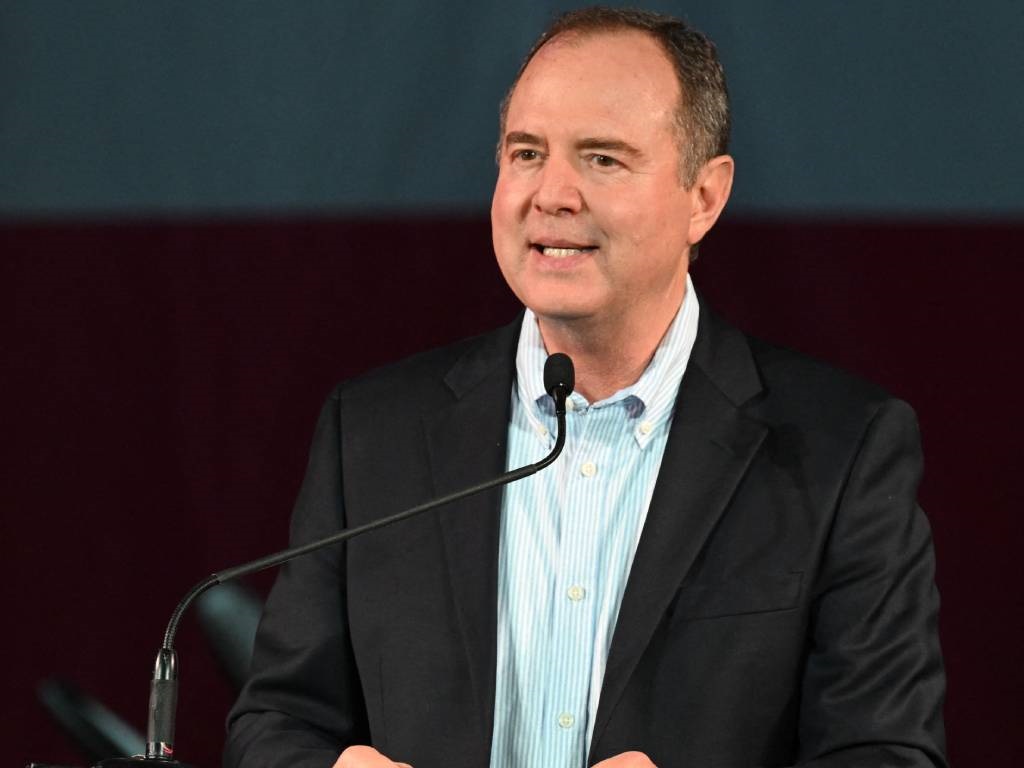
- A US congressional committee will consider recommend charges against Donald Trump.
- The former US president’s role in the 6 January 2021 riot is being investigated.
- The Justice Department will make the final decision on charges.
Wrapping up an 18-month probe into last year’s deadly attack on the US Capitol, lawmakers will convene on Monday to vote on whether to recommend criminal charges against former president Donald Trump and some of his closest aides.
The select House of Representatives committee has interviewed more than 1 000 witnesses and held explosive public hearings into what happened on 6 January 2021 – and who was responsible for it.
The panel, made up of seven Democrats and two Republicans, will meet at 13:00 (18:00 GMT) to unveil the findings on their investigation into the deadly riot, in which Trump supporters – who falsely claimed that the 2020 election was stolen from him by Joe Biden – ransacked the Capitol.
At least five people died in connection with the melee and 140 police officers were injured.
About 900 people have been arrested in connection with the violent rampage, which sent shockwaves across the country and around the world.
ANALYSIS | Trump is still Trump and that could be a problem for him in 2024
The panel will decide whether or not to recommend that the Justice Department seek charges against Trump – who is running to retake the Oval Office in the 2024 election – on at least three counts, according to reports.
Those charges would be inciting an insurrection, obstruction of an official proceeding and conspiracy to defraud the US government, NBC News reported on Sunday.
Lawmakers cannot authorise charges themselves but can make recommendations to the Justice Department, which has already appointed a special counsel to look into Trump’s role in the Capitol riot and his efforts to overturn the 2020 election.
Their vote is nonbinding and largely symbolic – the decision on charges for Trump will ultimately rest with Attorney General Merrick Garland.
But the three charges reportedly being considered could result in prison time and a ban from public office for the former president, who still wields considerable power in the Republican Party.
“I think that the evidence is there that Donald Trump committed criminal offences in connection with his efforts to overturn the election,” Democratic committee member Adam Schiff, a former federal prosecutor, told CNN on Sunday.
READ | Biden says he ‘can beat’ former US president Donald Trump again
The committee may also make legislative recommendations to protect the process of certifying election results.
Its final report is due for release on Wednesday.
Schiff did not offer details on possible criminal referrals against Trump, or even say how he himself would vote.
But on CNN’s State of the Union news programme, he said:
I think the president has violated multiple criminal laws. And I think you have to be treated like any other American who breaks the law, and that is, you have to be prosecuted.
Trump has repeatedly disparaged the House panel on his own Truth Social platform, calling the members “Democrats, misfits and thugs”.
He has defended the speech he gave before the 6 January riot and his other actions that day as “mild and loving”.
On that day, he called on his supporters to “fight like hell.”
Since July 2021, the House select committee has sought to shed light on the former president’s actions before and during 6 January 2021.
Across eight hearings this past summer, the panel unveiled reams of evidence on Trump’s involvement in a labyrinthine series of connected schemes to overturn the election – and the impossibility of the Republican not knowing he had lost to Biden.
Trump was “at the centre” of “an attempted coup”, the head of the committee, Representative Bennie Thompson, has said.
The panel interviewed several Trump aides including his then Attorney General Bill Barr and even his daughter Ivanka. In snippets of interviews shown to the public, many of them said they never believed there had been election fraud.
The committee also revealed the pressure Trump had placed on his own vice president Mike Pence and other officials, notably in the key states of Georgia and Arizona, in a campaign of intimidation aimed at invalidating the November 2020 election.
(Except for the headline, this story has not been edited by PostX News and is published from a syndicated feed.)

